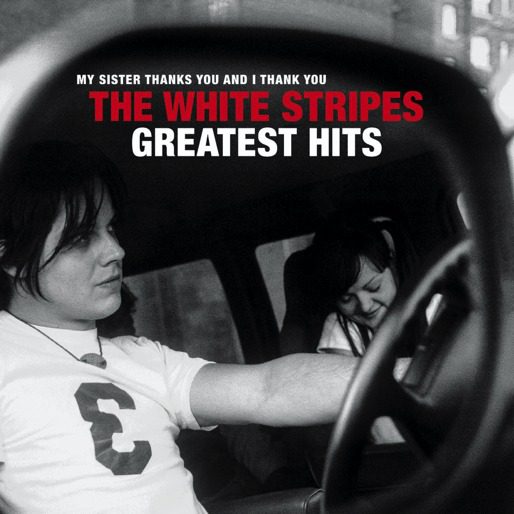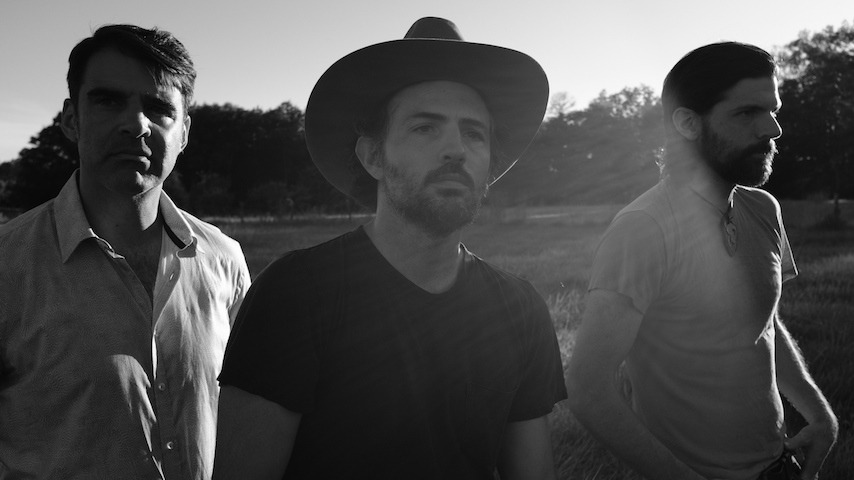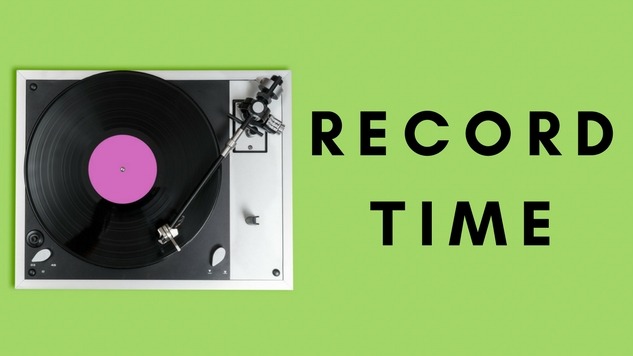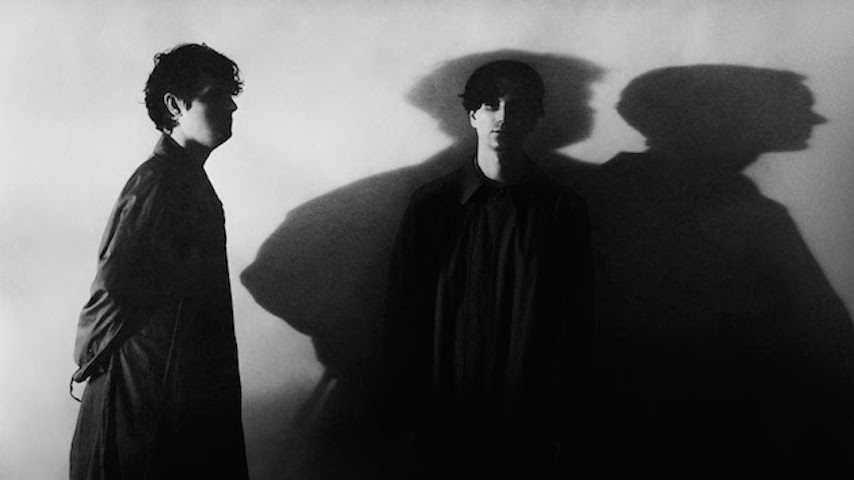From a strictly literal standpoint, The White Stripes had barely enough hits to populate a greatest hits album. The Detroit duo landed just 11 singles on the Billboard Hot 100 chart, and only six of those cracked the Top 10. Judging the band by its chart success, though, is the wrong way to measure The White Stripes’ impact: In addition to their highly stylized musical and visual aesthetic, Jack and Meg White never lacked for riveting songs. They (or, more probably, Jack, given Meg’s complete withdrawal from music since the band split in 2011) selected 26 of them for this career-spanning collection.
It wasn’t such a long career to span: six studio albums released between 1999 and 2007. Yet the duo stuffed those eight years full of eclectic, often electrifying music, from scuzzy garage rock to traditionalist blues, oddball experiments to stadium-shaking stompers, all of which helped define the sound of indie rock in the Aughts. The White Stripes Greatest Hits draws from each category, demonstrating the breadth—and also the depth—of the band’s catalog. Fittingly, for a group inscrutable enough that its members always claimed to be siblings rather than the divorced couple they are, this best-of compilation doesn’t conform to the usual conventions. The tracks aren’t chronological, and if they’re grouped thematically, the themes aren’t self-evident.
The lack of an obvious organizational principle doesn’t mean the tracklisting is haphazard. Rather, skipping back and forth among albums and sounds demonstrates anew just how idiosyncratic The White Stripes could be from song to song. The gnashing industrialized murder ballad “The Big Three Killed My Baby,” from the band’s self-titled first album in 1999, contrasts with the chaotic punk energy of “Fell in Love With a Girl,” the band’s breakthrough single, from White Blood Cells in 2001. By the same token, the waves of melodramatic despondence that build throughout their cover of Burt Bacharach’s “I Just Don’t Know What to Do With Myself,” from 2003’s Elephant, set up the terse, punchy garage-blues riffs of “Astro,” from the first album.
Devotees can quibble about songs they wish had been included, but the essentials all seem to be here, from “Seven Nation Army” to “Hello Operator,” “Dead Leaves and the Dirty Ground” to “Hotel Yorba” to “Ball and a Biscuit,” which Jack White revisited in October as part of a tempestuous medley on Saturday Night Live. The White Stripes’ cover of “Jolene” still sounds as rough-hewn and foreboding as Dolly Parton’s original is polished and pleading, while the grumbling clavioline and savage guitars on “Icky Thump” are just as abrasive and disorienting as they ever were.
Algorithms and the instant availability of huge amounts of music on digital streaming platforms have largely superseded the usefulness of greatest hits albums, which once served as gateways into bands’ catalogs, or, ideally, a worthwhile survey of the high points of an act’s career. The White Stripes Greatest Hits is both of those things, but this collection also documents an influential piece of the indie-rock revival of the early 2000s, when The White Stripes were easily the most off-kilter band to find widespread acclaim. Jack White had an abundance of talent and a highly specific vision that he pursued with dogged persistence. Meg White provided the anchor for his wild flights of imagination and searing guitar noise. These 26 songs are a reminder of just how potent they could be together, and that’s as compelling a reason as any to dig into their music all over again.
Eric R. Danton has been contributing to Paste since 2013, and writing about music and pop culture for longer than he cares to admit. Follow him on Twitter or visit his website.




